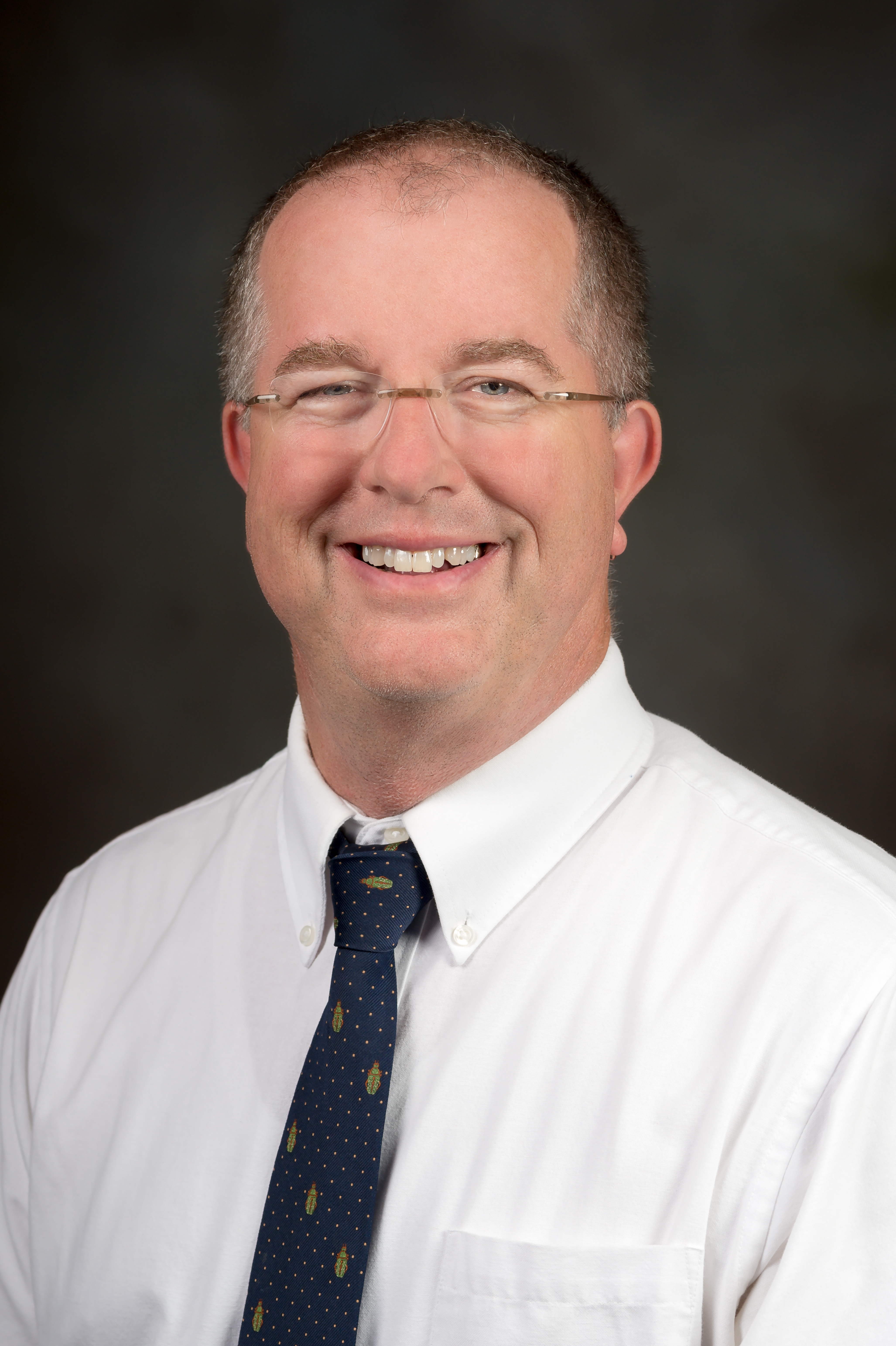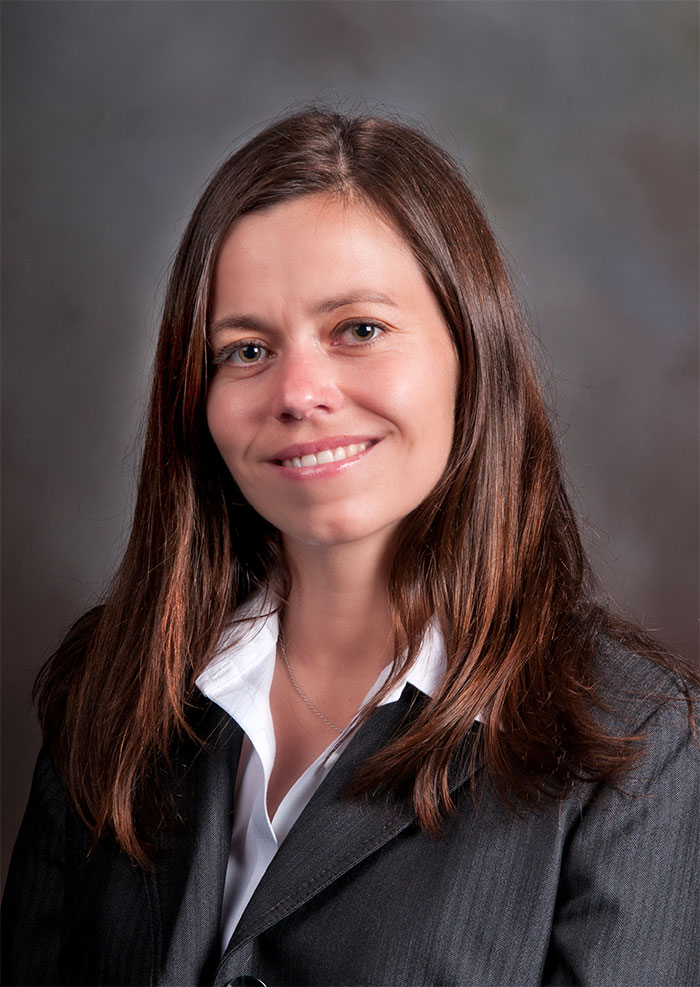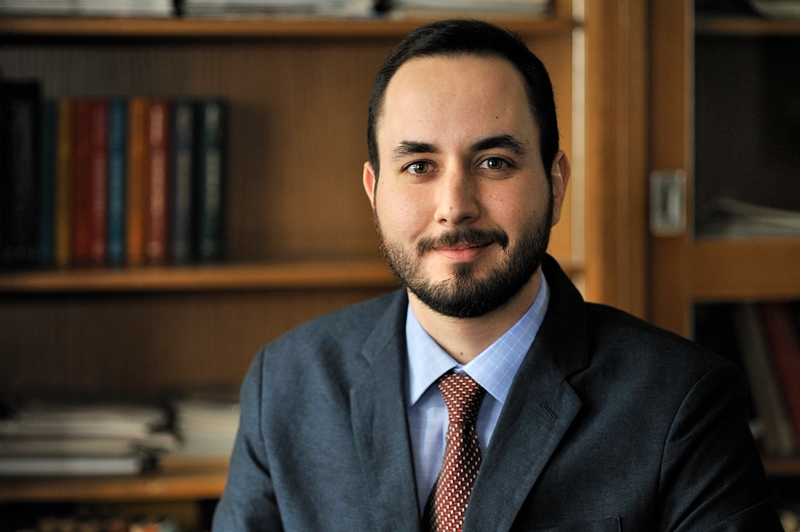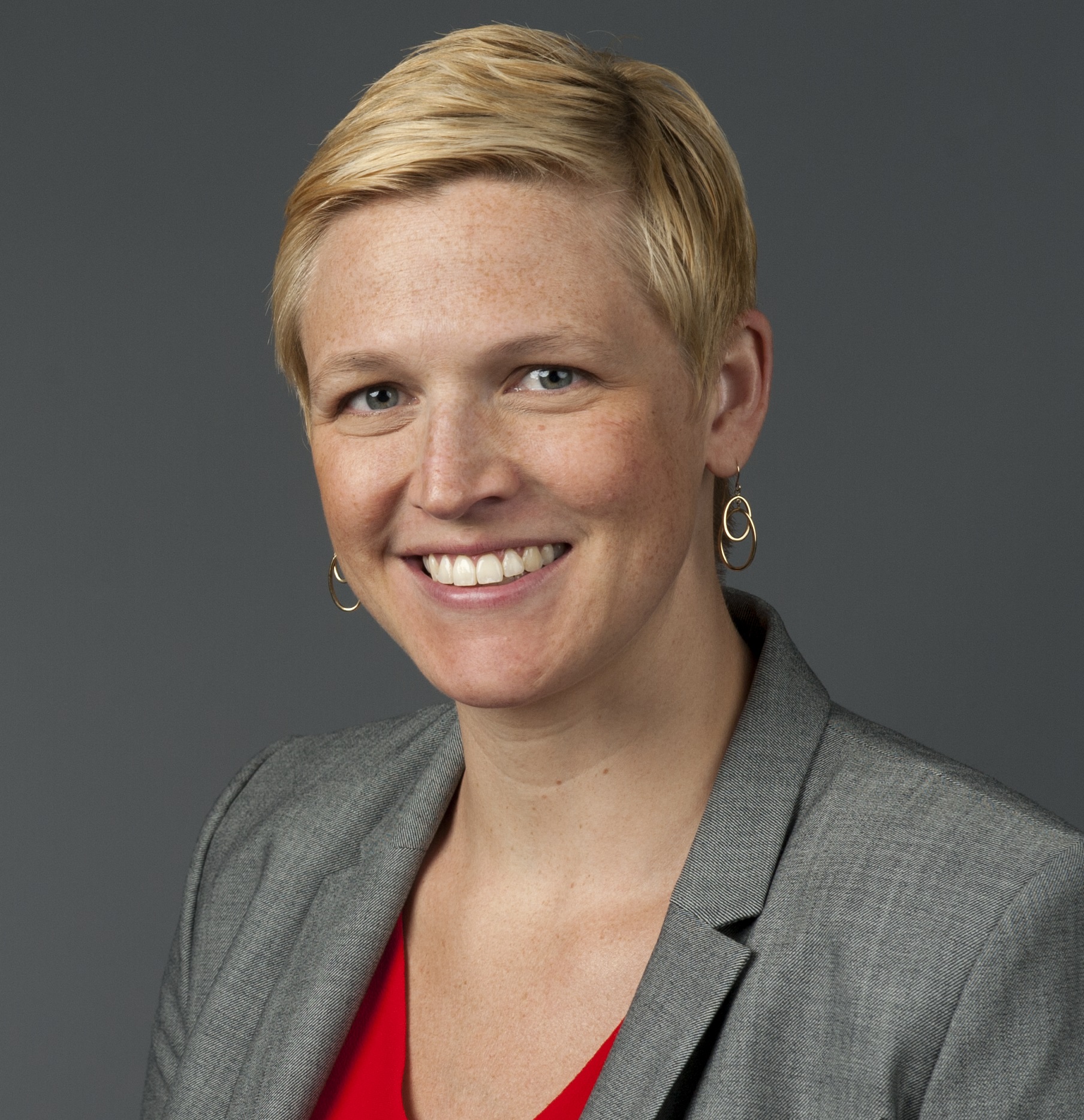New Faculty, 2016-17
Dear Colleagues,

On behalf of the College of Agriculture and Life Sciences, I am pleased to introduce our new tenure-track faculty members. They are extremely talented individuals who excel in their fields of interest and will help us remain at the forefront of academics, research, and extension.
They specialize in some of the world’s most critical issues and target strategic areas for growth in the college. Positions were identified to bring new talent to our focus areas, such as food and health, infectious disease, biodesign and processing, and agricultural profitability and environmental sustainability. The appointments of our new faculty members are distributed across teaching, research, and extension.
The addition of these new members reflects the college’s mission of growing the faculty. As you meet them individually and learn more about their accomplishments and goals, I’m sure you will agree that they are an impressive addition to the college.
Please join me in welcoming these outstanding individuals to the college and the Virginia Tech community.
Sincerely,
Alan Grant, dean
Associate professor Department of Human Nutrition, Foods, and Exercise
540-231-8146
1035 ILSB (0255), 1981 Kraft Drive, Blacksburg, VA 24060
Hire date: 08/10/16
Education
Postdoctoral fellow, Johns Hopkins University School of Medicine, Institute of Molecular Cardiobiology, 2006-2008
Ph.D., University of Colorado at Boulder, Integrative Physiology, 2005
B.S., Virginia Tech, Human Nutrition, Foods, and Exercise, 1999
Focus
Brown directs a laboratory that combines disciplines in cardiac physiology and mitochondrial biology. Development of novel therapeutics to improve mitochondrial function is a major focus of his research program. Brown’s research is supported by several extramural grants, and he has presented his work all over the world. He is a member of the American Heart Association, American Physiological Society, and Mitochondrial Physiology Society. He serves as a reviewer for numerous grant agencies and scientific journals.
Prior to “returning home” to Virginia Tech, Brown was on the faculty at the Brody School of Medicine at East Carolina University, where he was course director for medical physiology and received multiple teaching awards for his lectures on cardiac and cell physiology.

Assistant professor Department of Food Science and Technology
540-231-0729
402J HABB1 (0924), 360 Duck Pond Drive, Blacksburg, VA 24061
Hire date: 01/10/16
Education
Ph.D., University of Illinois at Urbana-Champaign, Agricultural and Biological Engineering, 2013
M.S., University of Arkansas, Biological Engineering, 2009
B.S., Zhejiang University, Biosystems Engineering, 2007
Focus
Huang’s research focuses on developing and applying engineering technologies to improve food and bioprocesses for food, fuel, and other chemicals. His research areas include integrated fermentation to improve fermentation yield and efficiency, sustainable processing of food and agricultural wastes via novel technologies, simulation and economic analysis of food and bioprocesses, and sensing technologies for process monitoring and optimization.

Professor and department head Department of Entomology
540-231-6341
216 Price Hall (0319), 170 Drillfield Drive, Blacksburg, VA 24061
Hire date: 01/01/16
Education
Ph.D., Texas A&M University, Entomology, 1984
M.S., Texas A&M University, Entomology, 1981
B.A., Quinnipiac University, Biology, 1979
Focus
Kring spent the last 31 years working on biological control of insect pests and weeds using their natural enemies.
As a faculty member at the University of Arkansas, Kring worked in close collaboration with Extension, concentrating on biological control of spotted knapweed using two weevils, the knapweed flower weevil and root weevil. He hopes to continue fostering the tradition of sharing science-based research at Virginia Tech by bringing fieldwork from the Agricultural Research and Extension Centers and foundational research on campus closer together.
Integrated pest management is closely associated with sustainable agriculture methodologies, and Kring wants to play a key role in translating those two concepts.

Assistant professor Department of Agricultural and Applied Economics
540-231-5382
315 Hutcheson Hall (0401), 250 Drillfield Drive, Blacksburg, VA 24061
Hire date: 12/25/15
Education
Ph.D., Virginia Tech, Agricultural and Applied Economics, 2011
M.S., University of Maine, Resource Economics and Policy, 2005
B.S., Laval University, Agricultural Economics, 2003
Focus
Larochelle’s research program focuses on impact evaluation of agricultural research on poverty, food security and nutrition, factors driving and constraining technological adoption, agricultural productivity, and policies affecting economic development and poverty reduction in developing countries.
As a 2011 doctoral graduate in agricultural and applied economics at Virginia Tech, her work, “Three Essays on Productivity and Risk, Marketing Decision, and Changes in Well-being over Time”, received the 2012 Outstanding Dissertation Award from the graduate school in the social sciences category. The work examined the relationship between natural resource use and poverty reduction in rural areas in Bolivia and Zimbabwe.
Her work has been funded by the Bill & Melinda Gates Foundation and other nongovernmental agencies.

Assistant professor Department of Animal and Poultry Sciences
540-231-9153
364 Litton-Reaves Hall (0306), 175 West Campus Drive, Blacksburg, VA 24061
Hire date: 01/10/16
Education
Ph.D., University of Florida, Animal Sciences, 2016
M.S., University of Florida, Animal Sciences, 2012
D.V.M., São Paulo State University UNESP-Botucatu, 2009
Focus
Mercadante’s research focuses on bovine reproductive physiology, beef cattle management, and reproductive technologies.
During veterinary school he served as the director of beef production in a beef and dairy consulting enterprise, Conapec Jr, composed of veterinary, agronomy and animal science students from São Paulo State University in Botucatu in Brazil. In addition, during graduate school at the University of Florida, Mercadante was deeply involved with the Department of Animal Science extension efforts and was an active member of several extension programs, including the Florida Bull Test, IFAS Reproductive Management School, the AI Cowculator, and the NFREC Beef and Forage Field Day.
Mercadante is the recipient of the 2013 International Stockmen’s Educational Foundation Fellowship and the Best Master of Science Thesis in the fall of 2012 and best Ph.D. dissertation in the fall of 2015 — both awarded by the Department of Animal Sciences at the University of Florida.

Assistant professor Department of Biological Systems Engineering
540-231-6615
205 Seitz Hall (0303), 155 Ag Quad Lane, Blacksburg, VA 24061
Hire date: 08/25/16
Education
Ph.D., Johns Hopkins University, Geography and Environmental Engineering, 2016
M.S., Johns Hopkins University, Environmental Systems Engineering, 2012
B.S., University of California-Berkely, Environmental Engineering, 2005
Focus
Shortridge’s research focuses on adaptation to climate change and the accompanying issue of deep uncertainty, with a particular focus on water resource systems. She aims to address the question of how highly uncertain climate change projections can be incorporated into long-term management of natural and engineered water systems. She is interested in using systems engineering methodologies, including risk and decision analysis, optimization, simulation, and statistical modeling, to address these issues.
Shortridge has six years of professional experience as an engineer working on groundwater contamination and as a consultant for the United Nations Environment Program on disaster preparedness.
Assistant professor Tidewater AREC
757-657-6450 ext. 445
6321 Holland Road, Suffolk, VA 23437
Hire date: 08/10/16
Education
Ph.D., North Carolina State University, Entomology, 2015
B.A., North Carolina State University, Anthropology, 2010
Focus
Taylor’s primary research initiative is to investigate refuge structures as effective insect-resistance management tools by quantifying mating rates between Bt-resistant and susceptible western corn rootworm and determine if nonrandom mate selection occurs.
Prior to coming Virginia Tech, Taylor participated in a traineeship through the National Institutes of Health for molecular biotechnology at North Carolina State University. She is associated with the Entomological Association of America.

Assistant professor Department of Animal and Poultry Sciences
540-231-6331
3470 Litton-Reaves Hall (0306), Blacksburg, VA 24061
Hire date: 12/25/16
Education
Ph.D., Washington State University, Animal Sciences, 2014
B.S., Washington State University, Animal Sciences, 2008
Focus
White’s research focuses on the livestock and environment interface, evaluating how livestock are affected by their external environment and in turn, how the environment is affected by livestock production. She is specifically interested in utilizing quantitative tools and large datasets to help identify nutritional management options that improve sustainability of ruminant production systems.
Previously, White worked as a USDA/AFRI postdoctoral fellow at Virginia Tech and as a postdoctoral scholar with the National Animal Nutrition Program. In these positions, she focused on coupling mathematical modeling and experimentation to enhance understanding of cattle nutrient requirements.
New Faculty Advice
A selection of junior faculty were asked questions about coming to Virginia Tech and getting settled in the area. We hope this helps you get a head start on getting to know the area and your department.


